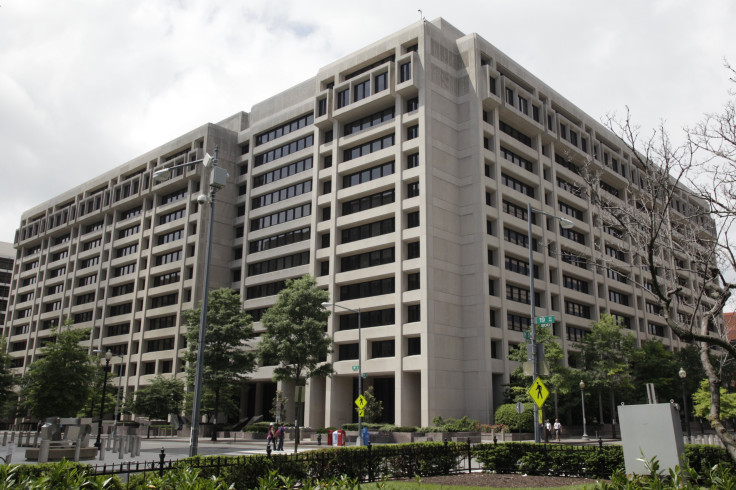US Congress Set To Approve Long-Delayed IMF Reforms Aimed At Increasing Voting Share Of Developing Nations

In a move that would give developing nations a greater say in the affairs of the International Monetary Fund (IMF), the U.S. Congress is likely to ratify long-delayed reforms to the lender’s governing structure Friday. Earlier, on Wednesday, lawmakers agreed to include the changes in the new $1.1 trillion omnibus spending bill, ending a five-year impasse that had rankled many developing nations.
The plan, approved by the IMF’s executive board in 2010, aims to increase the voting share of emerging nations -- reflecting their growing clout in the global economy -- and double the amount of permanent funding available to the IMF. While the changes have the support of the Barack Obama-led administration, opposition from several Republican lawmakers has so far prevented the IMF from implementing the reforms.
As the U.S. is the largest IMF member, and the only one with a veto power, it is the only country that can effect an overhaul in the lender's rules and governance.
Despite repeated calls by the IMF chief Christine Lagarde to push through the reforms, many Congressional Republicans resisted, expressing fears that the changes may give too much influence to countries that don’t share U.S. interests.
If U.S. Congress approves the governance changes, countries like India, Brazil, Turkey and China will have more voting weight at the IMF in line with their contribution to the global economy.
“[Congressional approval for the reforms] is important. It is definitely belated. And I think there are some costs to that,” Benn Steil, head of the international economics program at the Council on Foreign Relations in New York, told the Financial Times, adding that the delay had given China “considerable moral weight” in its pursuit of alternatives to the IMF, such as the Asian Infrastructure Investment Bank.
If the reforms are approved, China, which recently secured a victory at the IMF when the yuan was included in an elite basket of currencies, would see its voting share increase to 6 percent from the current 3.8 percent, the Financial Times reported. And, according to Bloomberg, the plan would give emerging countries two more seats on the 24-member executive board by removing two seats currently headed by representatives from advanced European nations.
Meanwhile, the voting share of the U.S. would be reduced to 16.5 percent from 16.7 percent. However, it would hold on to its veto power over most major decisions at the IMF.
© Copyright IBTimes 2024. All rights reserved.






















